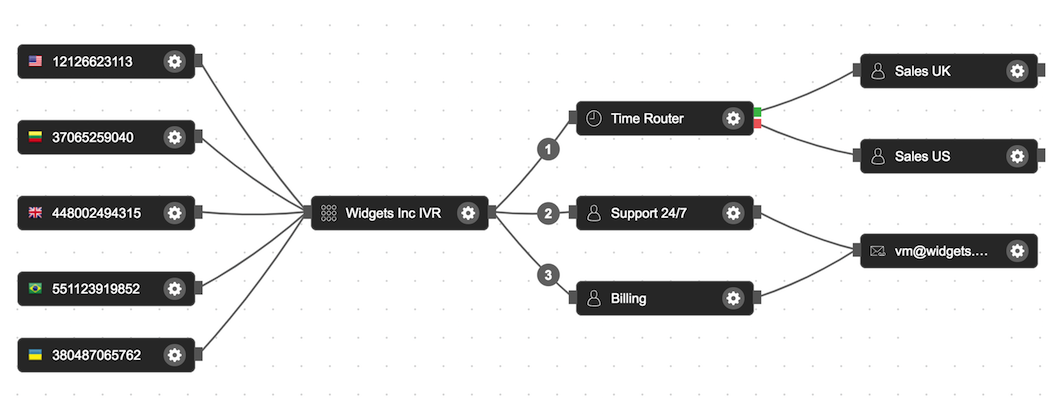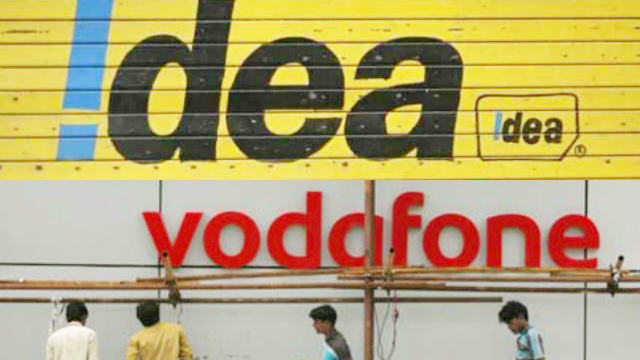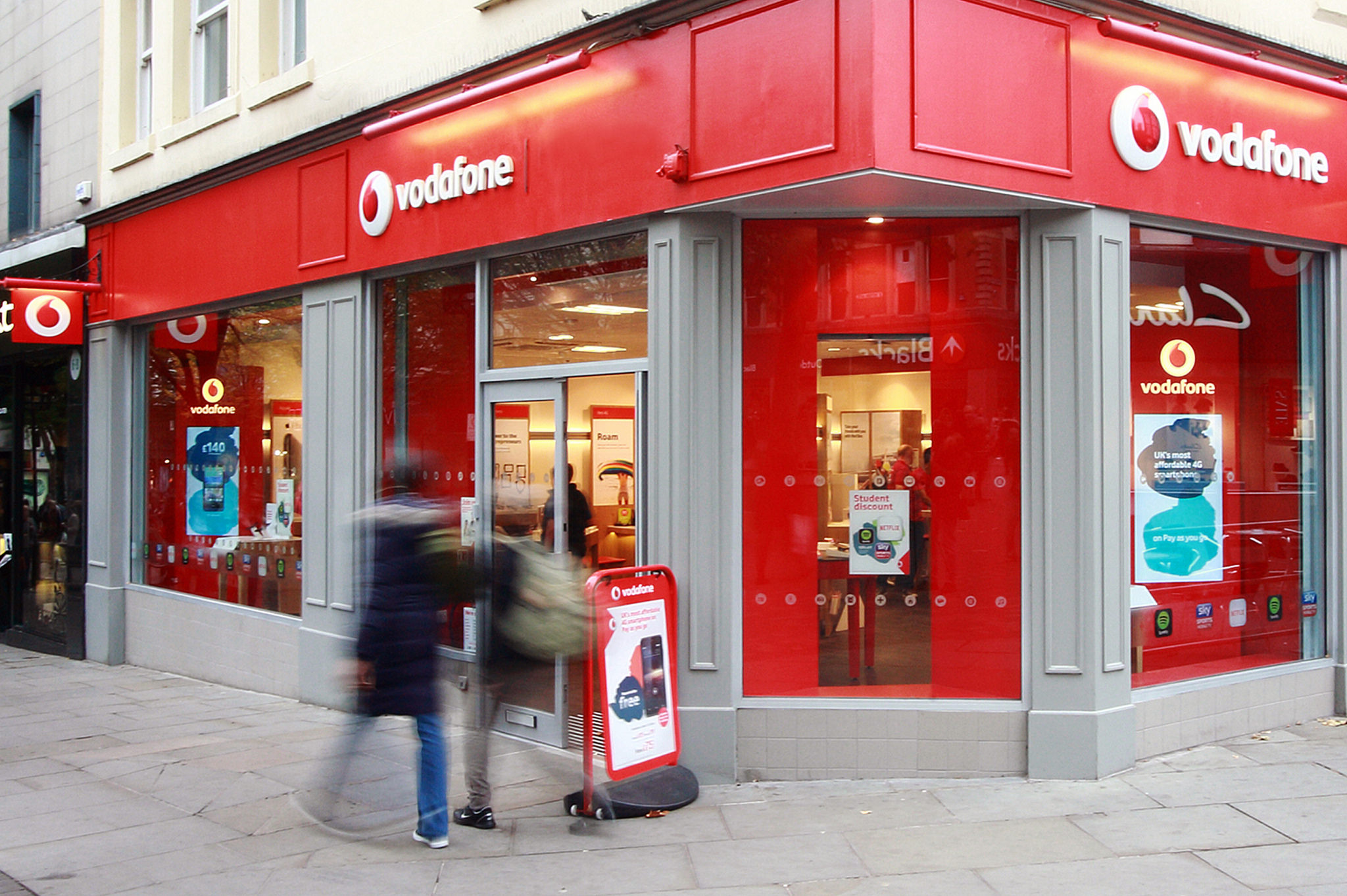The global telecom giants are increasingly acknowledging the benefits of blockchain technology. Telefonica, a Spanish multinational telecommunications company, has signed a partnership with IBM, a leader in open-source blockchain solutions, to employ IBM blockchain technology for superior administration of international call traffic. Telefonica expects that the usage of the cloud-based IBM Blockchain Platform will help to improve the traceability of international call data, such as the origin of the call, its destination and duration. They will be able to detect fraud and address other challenges caused by the use of different networks and operators when routing international calls. Operators will have permissioned access to a decentralized platform, and perform real-time tracing of calls to achieve accurate billing processes. “This project is one of our first initiatives to secure real benefits from the adoption of blockchain in our core business. We believe that the new paradigm of process decentralization…
InMobi, a tech company providing marketing solutions to enterprises, has announced the acquisition of the mobile data and advertising company, Pinsight Media. This all-stock deal between Pinsight Media’s previous owner Sprint and InMobi is part of a broader strategic partnership between the two companies, covering devices, data, media and marketing. “Sprint’s partnership with InMobi goes beyond this acquisition. We have been looking for a strategic partner that can deliver the latest digital marketing and mobile advertising technologies, besides having a deep appreciation of regulatory, privacy, and data concerns. This partnership provides Sprint with an innovative partner for driving our marketing success,” commented Rob Roy, the Chief Digital Officer at Sprint. Pinsight Media works with leading US telecoms service providers and advertisers to improve targeted advertising on mobile devices. InMobi will benefit from the deal by bringing the user behavior analysis and marketing strategy insights from Pinsight to the…
The Lithuanian mobile operator BITĖ has launched a new Smart call management service oriented towards its business customers, delivering full PBX services to mobile users. While cloud-based PBX services are now generic, BITĖ’s Smart call management service has fulfilled their specific and innovative requirement that the solution must be delivered over the standard mobile voice network, and should not require data services or the use of an app on the mobile device. The result is a seamless, simple-to-use, fully featured and high availability business voice service, accessible from any mobile device and being operating system agnostic. The solution architecture enables instant deployment of phone system extensions without any action required by the end users (business employees), eliminating the time and effort required by the business IT department and BITĖ’s customer service to configure, manage and support the service. “Phone calls constitute an essential and integral component of all…
Vodafone New Zealand recently announced it will be the first telecommunications company to launch an Intelligent Digital Human in cooperation with a Kiwi company, FaceMe. While the identity of the Digital Human should be revealed within the next two months, it is already clear that the AI-based assistant will be of great benefit in improving the self-service experience for Vodafone’s customers, and allow staff to devote time working with more complex customer demands. “Great customer experience happens through meaningful conversations. FaceMe has evolved AI technology to create Intelligent Digital Humans that are human-like in their appearance and interaction. Thanks to machine learning, they are capable of continuously learning how to anticipate our customers’ needs and better serve them,” explained Vodafone’s director of Customer Operations, Helen van Orton. Orton emphasized that this initiative is not a replacement for front-line customer service, but will rather aid in maximizing staff…
Vodafone India and Idea Cellular have finally completed their $23 billion merger after the National Company Law Tribunal approved their request to join forces in becoming the number one telecom service provider in India. The new entity will be listed as Vodafone Idea Ltd and will have a base of over 400 million subscribers (35% subscriber market share and 32,2% of the market revenue share), surpassing the long-time market leader Bahrati Airtel. The rival that aroused the idea for the merger with its successful entry into the market, Reliance Jio, is left in third place. “Today, we have created India’s leading telecom operator. It is truly a historic moment. And this is much more than just about creating a large business. It is about our Vision of empowering and enabling a New India and meeting the aspirations of the youth of our country,” commented the chairman of the new board…
Earlier this week, a leading IT solutions provider Tech Mahindra, announced its partnership with Microsoft to build a blockchain-based robust ecosystem meant to tackle unsolicited commercial communications in India. This blockchain solution will be developed based on Microsoft Azure, and will comply with the regulations issued by the Telecom Regulatory Authority of India (TRAI). TRAI has been working with both these companies and other stakeholders to curb the profusion of spam calls and messages so widely spread across the country. While the initial step of introducing a “Do Not Disturb” registry in 2010 seems to be a success with 230 million listed subscribers, the telemarketers still manage to find fraudulent workarounds to obtain consent and continue delivering spam calls. “Blockchain as a technology is a powerful tool to combat the issue of spam calls and fraud risks, to protect user information, as well as the integrity of the telecom sector.…
The South Korean mobile carrier, KT (formerly Korea Telecom) has unveiled the world’s first blockchain-based commercial network, as reported by the Korean Herald. The telecom giant has implemented a blockchain layer on top of their ultra-speed nationwide commercial network to ensure maximum security and transparency for retail and business users. “Public blockchains have low processing speed and capacity, while private blockchains have low transparency. By applying blockchain onto our ultra-fast network, we have overcome both obstacles,” commented the head of the Blockchain Center at KT’s Institute of Convergence Technology, Seo Yeong-il. The mobile carrier expects to achieve the impressive number of 100 000 transactions per second by the end of 2019, while their current blockchain network capability is 2500 transactions per second. Furthermore, KT has already implemented this disruptive technology in their user identification process, eliminating the need for personal IDs and passwords. The company is also working closely with…
M1 will start testing 5G small cells at the end of the year. Those trials will be conducted in partnership with the Finnish company, Nokia. The main goal of those tests will be to give informations on the best way to install 5G small cells for a commercial purpose in a “dense cell grid architecture” and to validate the efficiency of low-latency for the “Internet of Things”. Denis Seek, CTO of M1 stated, “The practical learning from early 5G field trial is critical for the success of developing high-performance and demand-driven 5G services for our customers in future and enables us to play a key role in Singapore’s Smart Nation initiatives.” If Nokia has been working with M1 on network trials since 2016, it won’t be the only company working with the operator. The Chinese tech giant Huawei will also run trials with M1 by testing the 28GHz mmWave spectrum…
5G will be available for trial in seven cities across the UK. Birmingham, Bristol, Cardiff, Glasgow, Liverpool, Manchester, and London were selected to run the tests on the upcoming network. Those new infrastructures will be running the new 5G at the end of 2018 between October and December. Earlier this year, Vodafone paid £378 million, to get 50Mhz of the 3.4GHz spectrum. Nick Jeffery, Vodafone’s chief executive stated, “We want to make 5G and new fibre broadband services available to consumers and business throughout the UK, delivering a Gigabit society for all. We will also be bringing ultra-fast 4G to several hundred sites in hard to reach rural areas this year, building on our position as the network that offers the best voice coverage in the UK.” Vodafone’s goal is to launch a full 5G service in the UK by 2020, when 5G devices will be available on the market.
The auction for 100MHz of spectrum in the 3.5GHz bandwidth were sold to SK Telecom and KT, and on the other hand, LG Uplus received 80MHz of spectrum in that same bandwidth. The total amount that was raised by the auction was a little lower than anticipated with $3.6 billion. The Ministry of Science and Information and communication technology sold by auction 280MHz of spectrum in the 3.5GHz bandwidth and will later sale 2,400MHz in the 28GHz band. 5G networks will certainly reach South Korean as one of its first market to be launched on. The next few months and years will be important for SK telecom and KT. They want to make sure that South Korea will be “first for 5G” with an expected March 2019 as a deadline to start launching the news high speed network.













